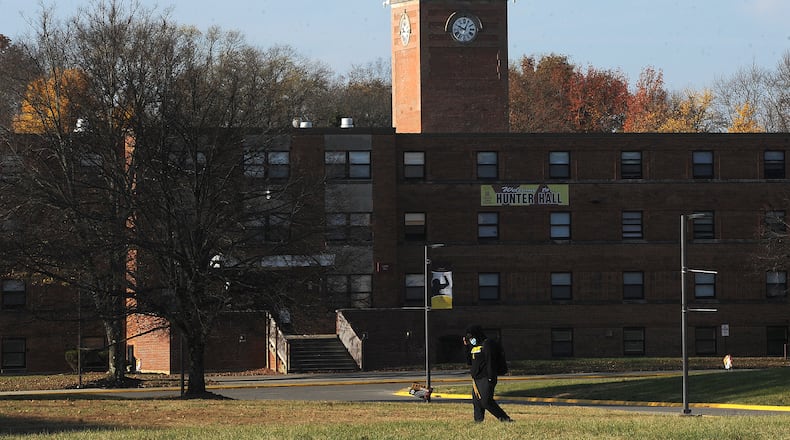HEERF funds were federal COVID-19 relief funding given to higher education institutions. Central State, located outside Xenia in Greene County, received about $25 million in these funds.
Johnson said given the shortfall, all spending will be halted, including office supplies, travel, and personnel services, such as consultants. Hiring is frozen except for grant programs and critical roles. Once the budget is updated, some funds may be able to be spent again. He noted that externally funded grant funded projects are not impacted by this decision.
Further, the university will be looking at personnel and routine activities, “to ensure they support priorities such as affordability, technology enhancements and student outcomes,” Johnson said in the email.
“I understand that these measures might cause concern,” Johnson said. “However, these are difficult times financially for institutions across the nation from the Ivy League to community colleges. So, self-regarding institutions like Central State University must act now to create a base on which to offer programs and services committed to innovation and excellence and not constrained by convention and the lack of resources.”
University officials said they don’t have any details about when more will be announced.
Central State had 1,768 students in fall of 2023, according to the Ohio Department of Higher Education, plus another 1,686 in online-only courses. In comparison, Wright State University reported 9,853 students enrolled last fall.
In fall 2021, the university reported 6,044 students, with 4,371 in online-only courses, according to the Ohio Department of Higher Education. About 1,673 students were enrolled in-person.
The dramatic changes in enrollment occurred at the same time as Central State University was partnering with a free online college program, Career Plus, to offer bachelor’s degrees to students who had completed an associate degree at a partner college like Eastern Gateway Community College.
That community college announced in February that students will not be able to register for classes for at least the summer and fall classes at Eastern Gateway due to financial problems.
The Department of Education sent letters to Central State and Eastern Gateway informing them that the way the Career Plus program was giving money to students was unlawful. The program required eligible students to fill out a FAFSA, or Free Application for Federal Student Aid, and if the student was eligible for a Pell Grant, which is for low-income students, the program took that grant and covered the rest. If the student wasn’t eligible for a Pell Grant, the program covered all tuition.
The Department of Education said that was unfair because it treated Pell Grant recipients differently than non-Pell Grant recipients.
About the Author

